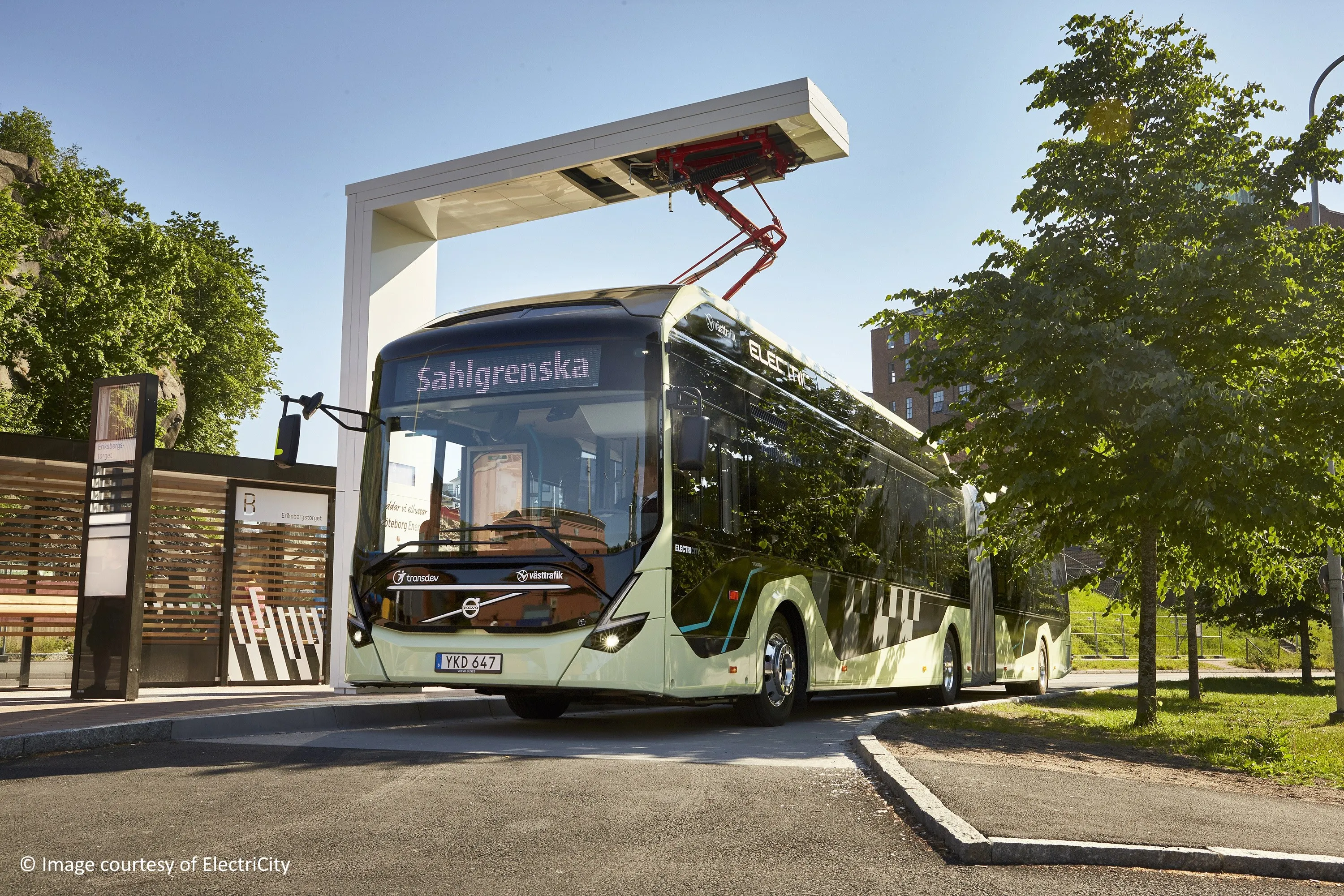The test will involve two all-electric Volvo 7900 Electric buses, one of which will be used on Singapore's advanced new test facility for autonomous vehicles and the second to be deployed for tests in the bus depot.
Håkan Agnevall, president Volvo Buses, said: "We are seeing fast-growing interest in both autonomous and electric vehicles in cities all over the world. Together with NTU, one of the world's leading universities of technology, and Singapore and its Land Transport Authority, we now have the possibility of testing various solutions under realistic conditions. The technology developed in Singapore can contribute to future autonomous applications by Volvo Buses.”
"Our electric buses already make it possible for cities to improve their air quality and reduce noise levels. With our system approach to electromobility we in addition open up new ways for urban planning. When developing autonomous solutions for public transport we can really leverage the Volvo Group expertise in this rapidly developing technology field,” added Agnevall.
Volvo and NTU to bring autonomous electric buses to Singapore
Volvo Buses and Nanyang Technological University (NTU) in Singapore have partnered on a two-year research and development program for autonomous electric 12-metre buses as part of the Land Transport authority's drive to create new solutions for sustainable transport. The buses will arrive at the start of 2019.
January 12, 2018
Read time: 1 min








